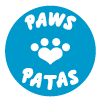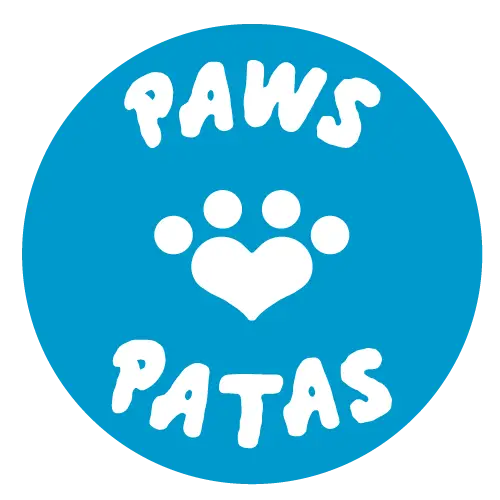Thank you to our partners whose support makes our work possible




What the law says
At PAWS-PATAS, we care deeply about every animal in need—whether it’s a lost dog, an abandoned cat, or a feral colony struggling to survive. But as a registered charity with limited resources and no legal authority, we are simply not in a position to respond to all cases directly. That’s why we focus our efforts on areas where we can make the most impact—through prevention, education, and collaboration with the community.
One of our main priorities is Trap–Neuter–Return (TNR). This is a proven, humane, and sustainable method of managing feral cat populations. TNR involves trapping feral cats, neutering and vaccinating them, and then returning them to their original location where a caretaker can monitor and support them. This approach prevents the endless cycle of reproduction, reduces nuisance behaviour, and allows healthy colonies to stabilise over time.
Why we don’t collect stray or feral animals
We do not routinely collect or trap stray or feral animals, and this often comes as a surprise to the public. It’s important to understand that our small team of volunteers is already stretched caring for the many animals in our shelter, responding to emergency cases, processing adoptions and foster requests, managing data, and supporting our growing base of volunteers.
Feral cats in particular present a challenge. They are not socialised to humans and generally do not adapt well to life in a home or shelter environment. Unlike friendly strays or abandoned pets, feral cats do not seek out human contact and may experience high levels of stress if confined. Trying to rehome them is usually not in their best interest, nor is it feasible. Instead, they are best supported in their natural environment, provided they are neutered and monitored.
We support the feeding of feral cat colonies, but only when we are also permitted to carry out a full TNR programme in the same area. Feeding without neutering only leads to larger colonies, more suffering, and more conflict with the community. Our policy is clear: no feeding without TNR.
We also work to educate the public on the differences between stray, abandoned, and feral animals, and how best to support each one. In many cases, the most appropriate course of action lies not with us, but with the local authorities.
Legal responsibility under Spanish Law 7/2023
As of 2023, Spanish Law 7/2023 on the Protection of Animal Rights and Welfare clearly defines who is responsible for animal welfare at the municipal level. According to this law:
The Ayuntamiento (local town council) is legally responsible for the collection, care, and shelter of stray and abandoned animals in its municipality. This includes both dogs and cats.
Each Ayuntamiento must provide a 24-hour emergency response service to handle injured, sick, or lost animals. This service must also ensure access to veterinary treatment when necessary.
These legal responsibilities apply to all municipalities, regardless of their population size. Where smaller municipalities lack the resources to provide this service directly, they are required to seek support from their provincial authority (Diputación).
In short, it is not the role of charities like PAWS-PATAS to act as animal control, nor is it lawful for public authorities to delegate these responsibilities to individuals or organisations outside the public system. Our role is to complement—not replace—the public sector’s duty of care.
If you’d like to read the full law, you can find it here (in Spanish):
📄 Ley 7/2023, de 28 de marzo, de protección de los derechos y el bienestar de los animales
(English translations are not currently available, but we are happy to provide informal summaries of relevant sections on request.)
What this means in practice
If you come across a stray or injured animal, the first step should always be to contact the local Ayuntamiento. They are obliged by law to respond and to provide appropriate care. If they are unresponsive or unsure of the procedure, we encourage you to document your request and, if necessary, escalate it to the provincial Diputación, which oversees smaller municipalities.
PAWS-PATAS may be able to advise or assist in certain cases—particularly when it comes to facilitating adoptions, arranging foster care, or providing guidance on TNR—but we cannot and should not be the first or only point of contact.
We understand how upsetting it can be to see an animal in distress, and how frustrating it is when the system doesn’t respond quickly. But our long-term goal is to help build a better, more accountable network for animal welfare across the region—and that means ensuring every authority fulfils its legal duty.


